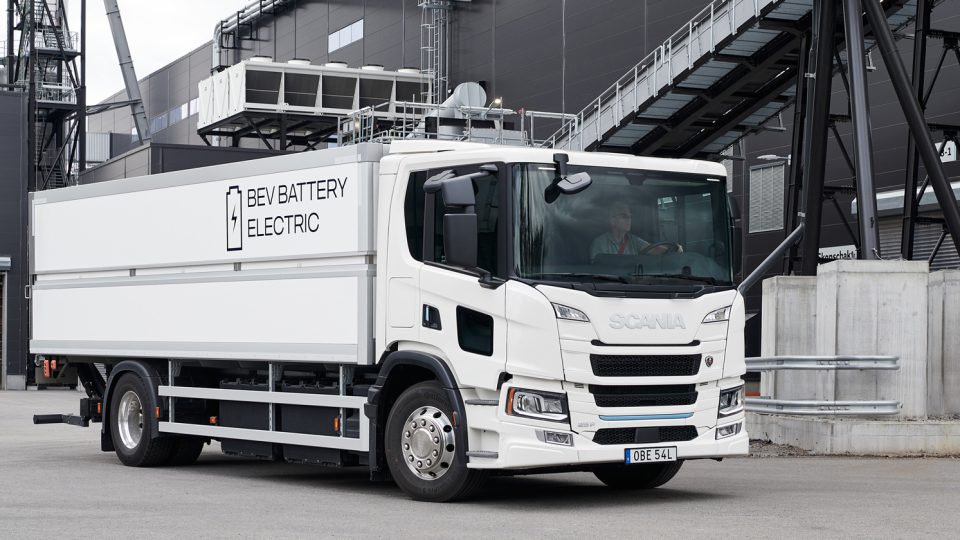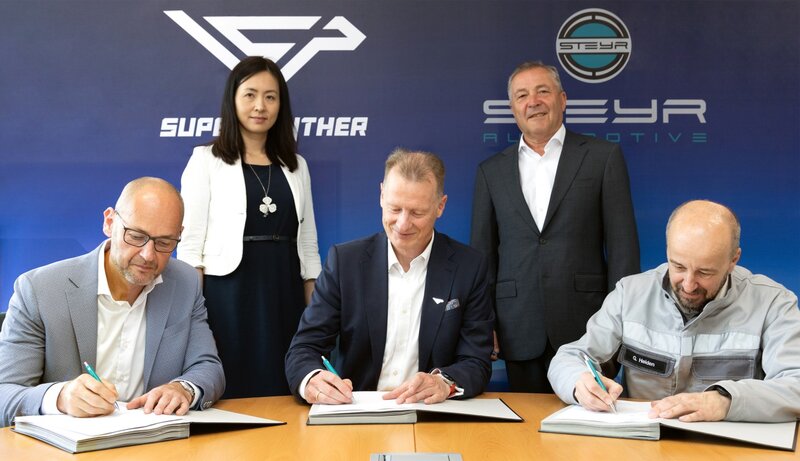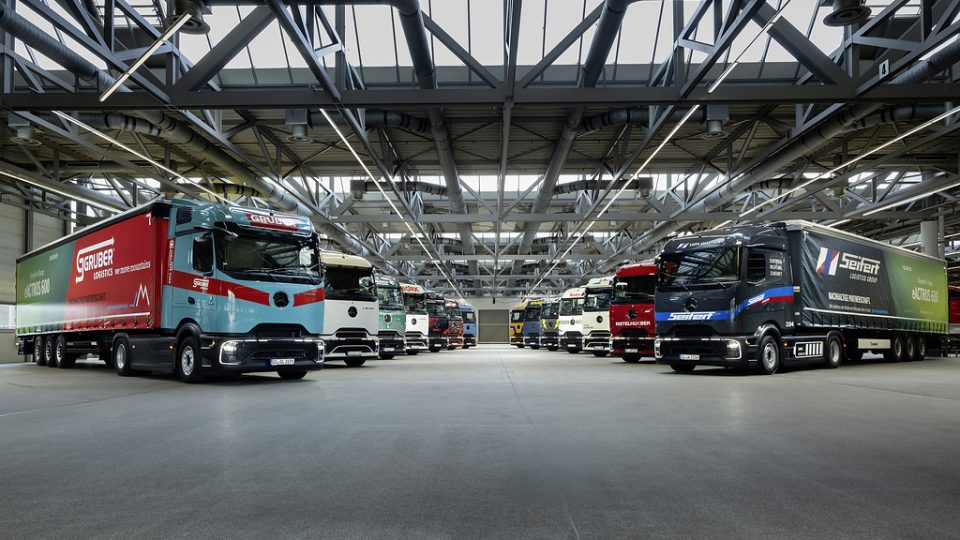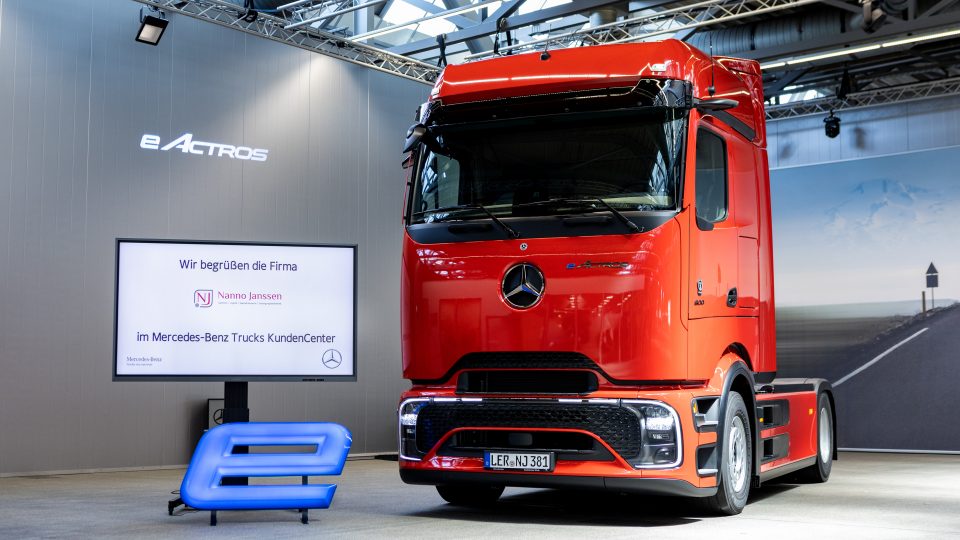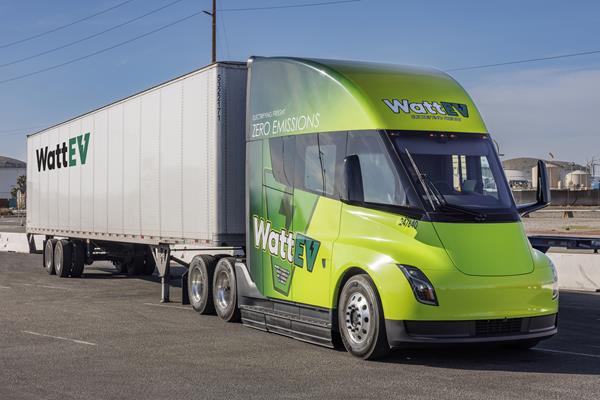Refrigerated food transport, Scania provides Dagab with 64-ton electric truck
By planning and fast charging, the aim for this truck is to operate more than the company’s other vehicles during at least two shifts daily, and deliver with great quality, availability and efficiency. This means a significant decrease in climate and environmental impact, on a route 300-450 km per day.
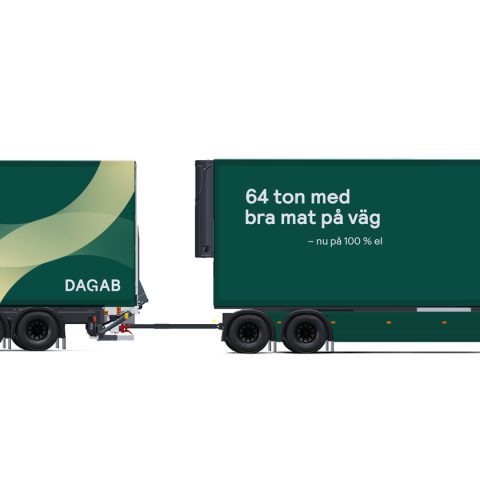
Scania managed to build 64-ton electric truck for refrigerated food transport. The customer, Dagab, is linked to the Swedish manufacturer by a long-lasting relationship. Indeed, Dagab is already using either electric and hybrid trucks provided by Scania. The 64-ton electric truck will be in operation in Sweden, in the Gothenburg area. In addition, the truck will be charged with green electricity only.
Scania’s 64-ton electric truck
By planning and fast charging, the aim for this truck is to operate more than the company’s other vehicles during at least two shifts daily, and deliver with great quality, availability and efficiency. This means a significant decrease in climate and environmental impact, on a route 300-450 km per day. With a third shift, the impact on climate will be even less.
Potrebbe interessarti
Scania will supply e-trucks and charging equipment to virtuous company hub in Malmoe
“The transition to electrification is complex. The technology and the electric vehicles are there, but it will take larger and faster measures to develop smart city solutions in charging infrastructure for real. At Scania, we push to enable more companies to do what Dagab is doing,” said Fredrik Allard, Head of E-mobility at Scania.
Some more Scania projects in the heavy-duty segment
Indeed, the focus put by the Swedish manufacturer in the niche of really heavy-duty trucks is proven by some more projects completed (we talked about them here and here). In addition, the Head of Sustainability at Scania, Andreas Follér, confirmed such a trend in this exclusive interview with Sustainable Truck&Van.
The electric truck will start to run after summer 2022. “To have fossil free foods transports is necessary to lower climate impact from our vehicles. When we now use an electric truck this size, we make a real difference and decrease our emissions. This is yet another step towards completely fossil free
transports and zero-emission operations by 2030 at the latest,” commented Helena Blom, Transport Manager at Dagab




